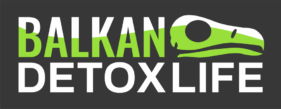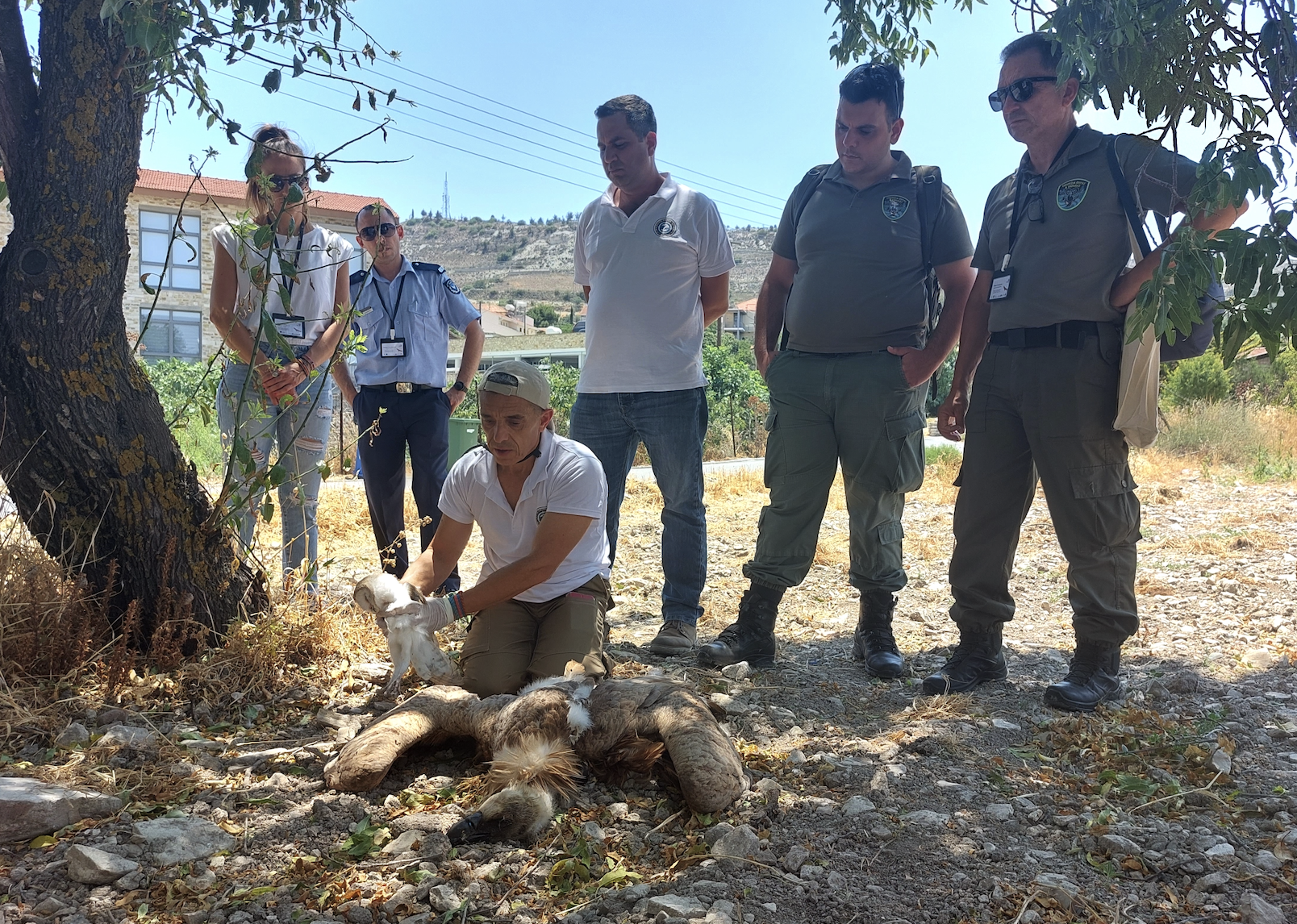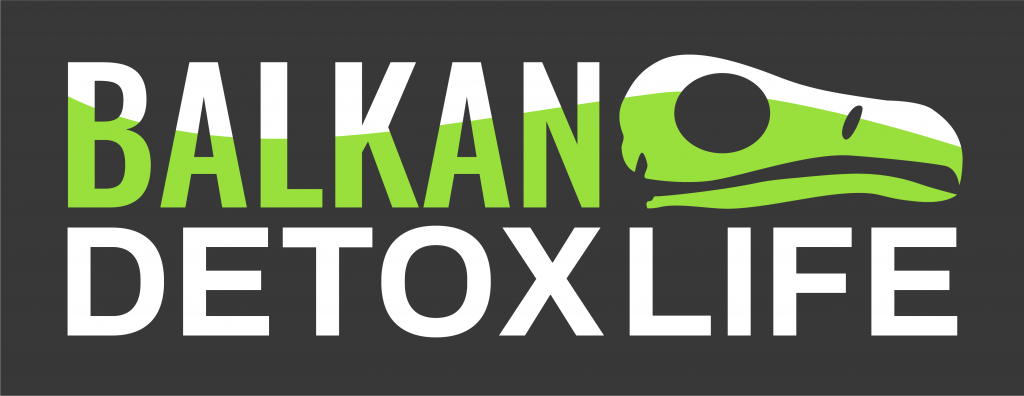Through CSI, forensic science and judicial processes, poisoning and other wildlife crimes can be mitigated, just like the Junta de Andalucía did in their region. Thanks to their internationally recognised procedures, our Spanish colleagues reduced illegal wildlife poisoning incidents by 80% over the last 15 years. Last week, they generously shared their best-practice experience during a ‘LIFE with Vultures‘ training seminar that followed the principles of our Wildlife Crime Academy‘s academic programme, implemented within BalkanDetox LIFE. During the training seminar, the Andalusian experts were joined by competent professionals from Cyprus who completed the Wildlife Crime Academy, helping train their colleagues on how to effectively investigate poisoning and other wildlife crimes.
Urgent need to save Griffon Vulture in Cyprus
In recent decades, the Griffon Vulture population in Cyprus has suffered massive losses due to illegal wildlife poisoning, driving the species on the verge of extinction in the country. The species is currently considered Critically Endangered in the country. It is crucial to thoroughly investigate and prosecute such cases to deter potential offenders from placing illegal poison baits in the countryside and help prevent such damaging losses. A national seminar took place last week in Cyprus to establish a continuous involvement of the relevant local authorities, promote the implementation of the relevant legislation and enhance their capacity in managing and investigating wildlife crime incidents.
Building Capacities in Cyprus



The seminar was coordinated by BirdLife Cyprus between 22 and 23 June 2022 in Lefkara, with attendance and contributions from other LIFE with Vultures project partners and several members from the Game and Fauna Service, the Cyprus Police, the State General Laboratory, the Veterinary Services and the British Bases. It covered all fundamental aspects, providing theoretical and practical knowledge to enable participants to implement the necessary investigation procedures to solve wildlife crime incidents.
During the first day of the seminar, the professors from the Junta de Andalucía, together with local competent authorities and project team members, presented the legal and administrative framework around the issue of managing wildlife crime incidents, the motives behind the use of poison baits and best-practice examples from other countries. In addition, they discussed the sequencing of the investigation process in Cyprus, and the role of all stakeholders involved.
On the second day, participants discussed ways of handling such incidents using real examples from Cyprus. They then tested their new skills by investigating what happened in simulated crime scenes in the field utilizing wildlife carcasses and other evidence.
Additional workshop in Kyrenia

Birds know no borders, and Griffon Vultures in Cyprus are no different. The project team has recorded vultures visiting various (and sometimes unexpected) parts of the island, like Nicosia, Larnaca, Famagusta and Kyrenia. For example, the Griffon Vulture ‘CAA’ almost covered the whole coastline during one of its excursions. Unfortunately, the same applies to poisoning incidents – they know no borders and can occur anywhere and anytime. In the case of Cyprus, a divided country, it is important that stakeholders in the north of the UN Buffer Zone can respond adequately to poisoning cases when they take place to help save vultures and other wildlife. So, a workshop on wildlife crime organized by the VCF was also conducted at the Taskent wildlife rehabilitation centre (an NGO – wildlife rehabilitation centre) in Kyrenia District to train competent staff on how to handle potential poisoning and wildlife crime incidents. The seminar covered the basics of wildlife crime investigation, anti-poisoning response, veterinary aspects related to wildlife crime forensics, vulture rehabilitation and care, and also introduced the LIFE with Vultures project.
The interest and dedication shown by all participants give us hope for the future of the Griffon Vulture in Cyprus, and we are delighted to have them on board!

















